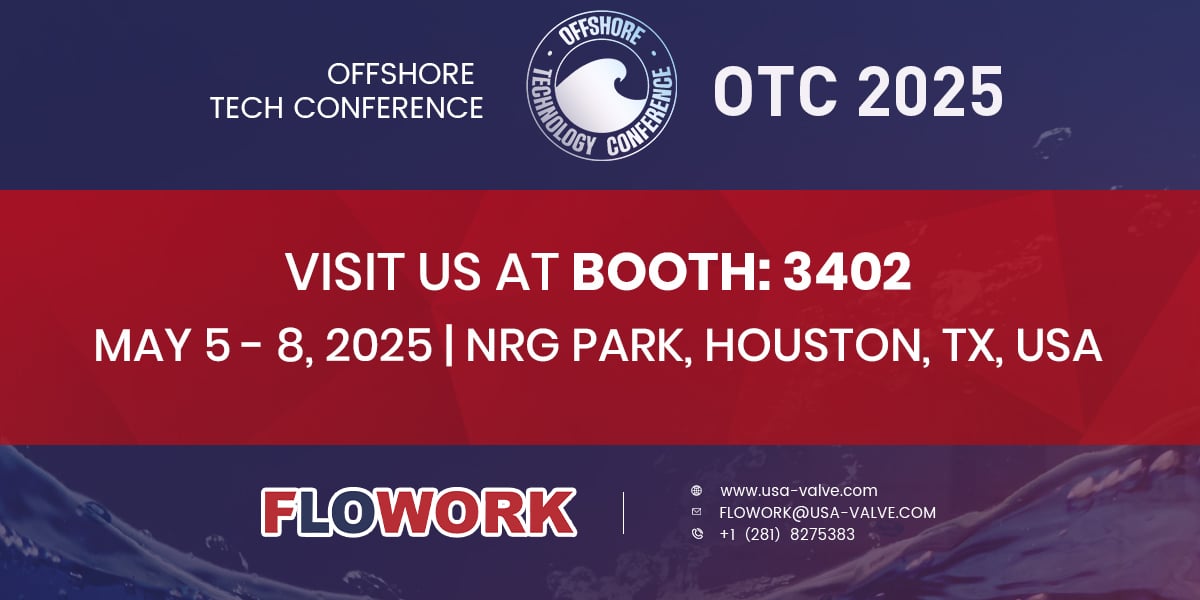What types of certifications should a gate valve have?
Types of certifications your gate valves should have: Key to ensuring quality and compliance. Let me talk in depth about the important types of certifications a gate valve should have to ensure its quality, safety and compliance. We will focus on the importance of international and domestic standard certification, material certification, and industry-specific certification. By understanding and following these certification requirements, manufacturers and users can ensure that gate valve products comply with relevant regulations and standards, thereby ensuring the safe and reliable operation of industrial systems.
1. Certification of gate valves
As an important component of fluid control systems, gate valves play a key role in various industrial applications. However, to ensure their quality and compliance, gate valve products need to pass a series of certifications. These certifications prove that the valve complies with relevant standards, specifications and requirements, thereby ensuring its safety and reliability in use, ball valve factory.

2. International and domestic standard certification
ISO 9001 quality management system certification: ISO 9001 is an internationally recognized quality management system standard that requires organizations to establish, implement and maintain an effective quality management system to ensure the quality of products and services. For gate valve manufacturers, obtaining ISO 9001 certification can demonstrate their stable quality control capabilities and commitment to continuous improvement.
API 607 and API 6FA fire safety certification: API 607 and API 6FA are the American Petroleum Institute (API) fire safety standards for gate valves. These standards require gate valves to have a certain fire resistance time and sealing performance in case of fire to ensure the safety of industrial systems. Therefore, for applications involving oil, natural gas, and other flammable fluids, it is critical to select a gate valve with API 607 and API 6FA certification, gate valve factory.
CE certification: The CE mark is the European Community's (EU) mandatory certification requirement for products, proving that the product complies with relevant safety, health and environmental protection directives. Gate valve products sold in the European market must obtain CE certification before they can be legally sold and used.
3. Material certification
Material chemical composition certification: The material chemical composition of the gate valve directly affects its performance and corrosion resistance. Manufacturers should provide certification of the material's chemical composition to demonstrate compliance with relevant standards or specifications. Common material chemical composition certifications include ASTM, EN, and JIS.
Material mechanical performance certification: Gate valves need to withstand various stresses and pressures during use. Therefore, manufacturers should provide certification of the material’s mechanical properties, such as tensile strength, yield strength and impact toughness, to ensure the valve has sufficient strength and durability, low temperature ball valves.
Non-destructive testing certification: Non-destructive testing is a method of non-destructive testing of gate valve materials to find defects and cracks within the material. Common non-destructive testing methods include ultrasonic testing, radiographic testing and magnetic particle testing. Manufacturers should provide non-destructive testing certification to prove that their products are defect-free and meet quality requirements.

All Of Our Videos By The Link Address: https://www.youtube.com/@floworkinc.5796/playlists

4. Specific industry certification
Nuclear Safety Certification: For nuclear power plants and other nuclear facilities, the safety and reliability of gate valves is critical. Therefore, these industries usually require valve products to pass nuclear safety certifications, such as ASME NCA and RCC-M, etc., to prove their compliance with nuclear safety standards and specifications.
Classification Society Certification: The shipping industry has special requirements for valve products, including corrosion resistance, fire resistance and adaptability to marine environments. Classification societies such as ABS, DNV GL and LR certify valves to ensure they comply with International Maritime Organization (IMO) and classification society standards and specifications, high temperature gate valves.
Pressure Equipment Directive (PED) certification: PED is the European Community's mandatory directive for pressure equipment, which requires pressure equipment to comply with relevant safety standards and quality requirements. Gate valve products sold in the European market must obtain PED certification before they can be legally sold and used.
5. My personal summary and opinions
By taking a closer look at the types of certifications gate valves should have, we can recognize the important role these certifications play in ensuring valve quality, safety and compliance. Manufacturers and users should pay attention to the requirements for international and domestic standard certification, material certification, and industry-specific certification, and choose gate valve products with appropriate certification to ensure the safe and reliable operation of industrial systems. With the continuous development of technology and standards, future gate valve certification will pay more attention to product innovation and sustainability to meet changing market demands and social responsibility requirements.









